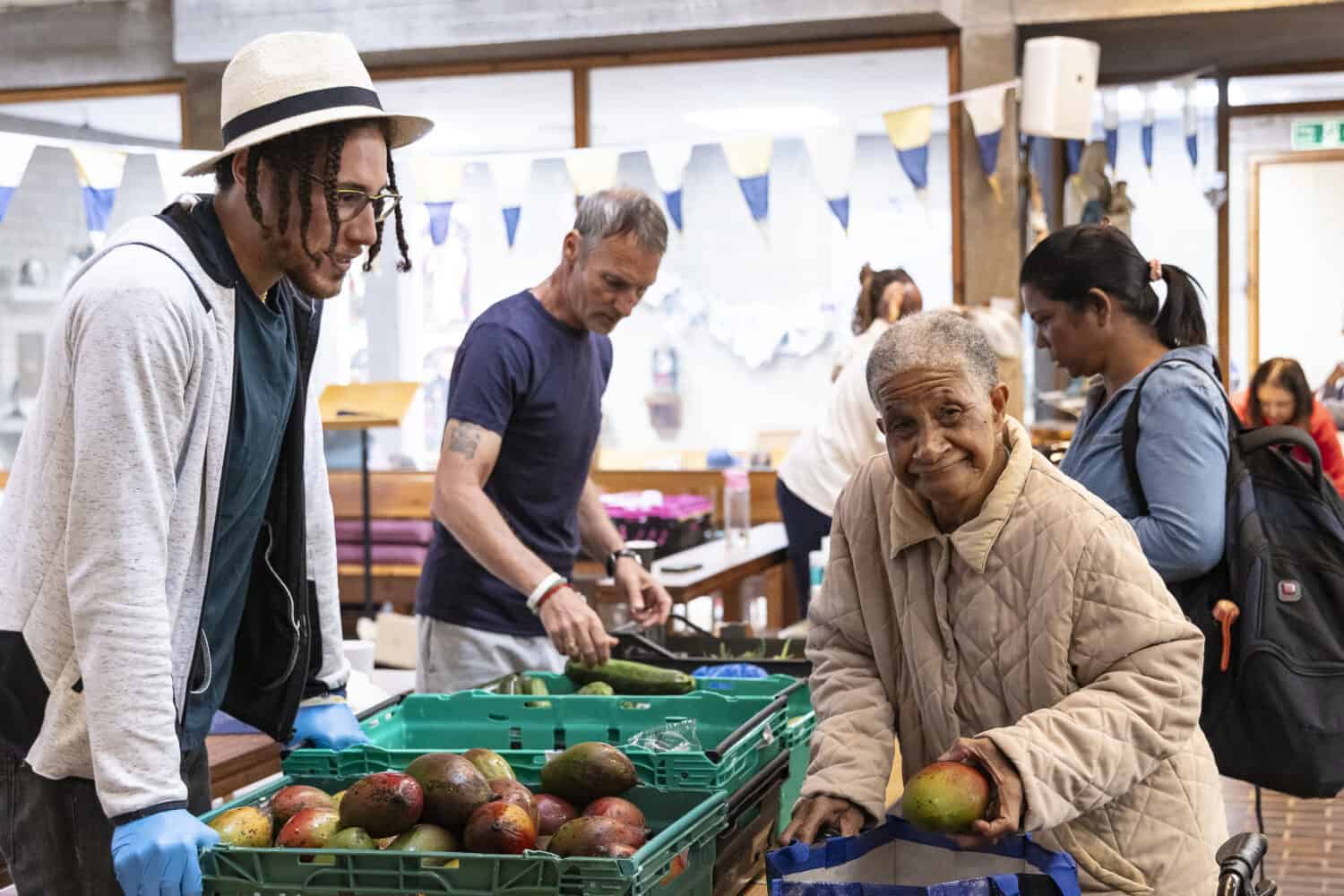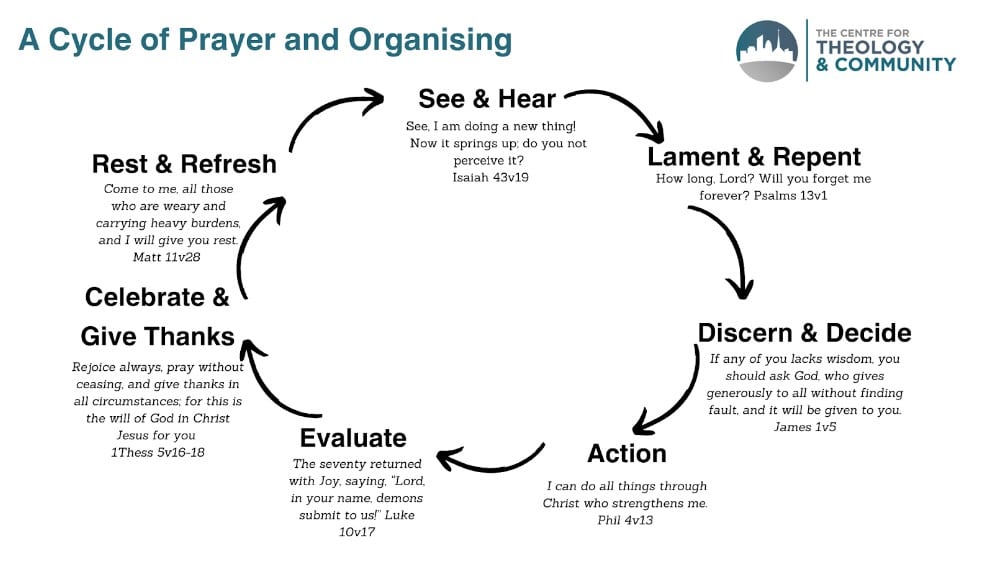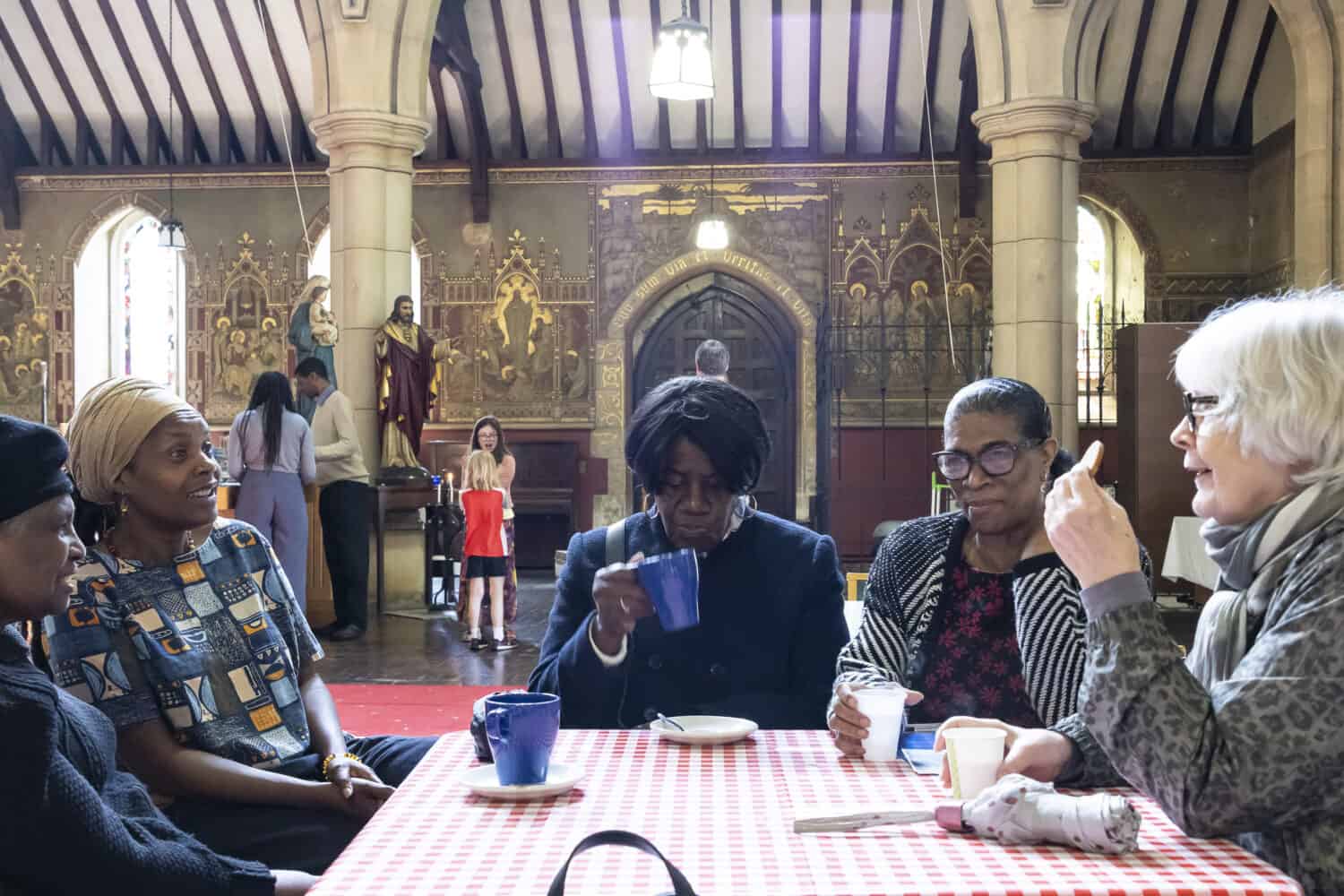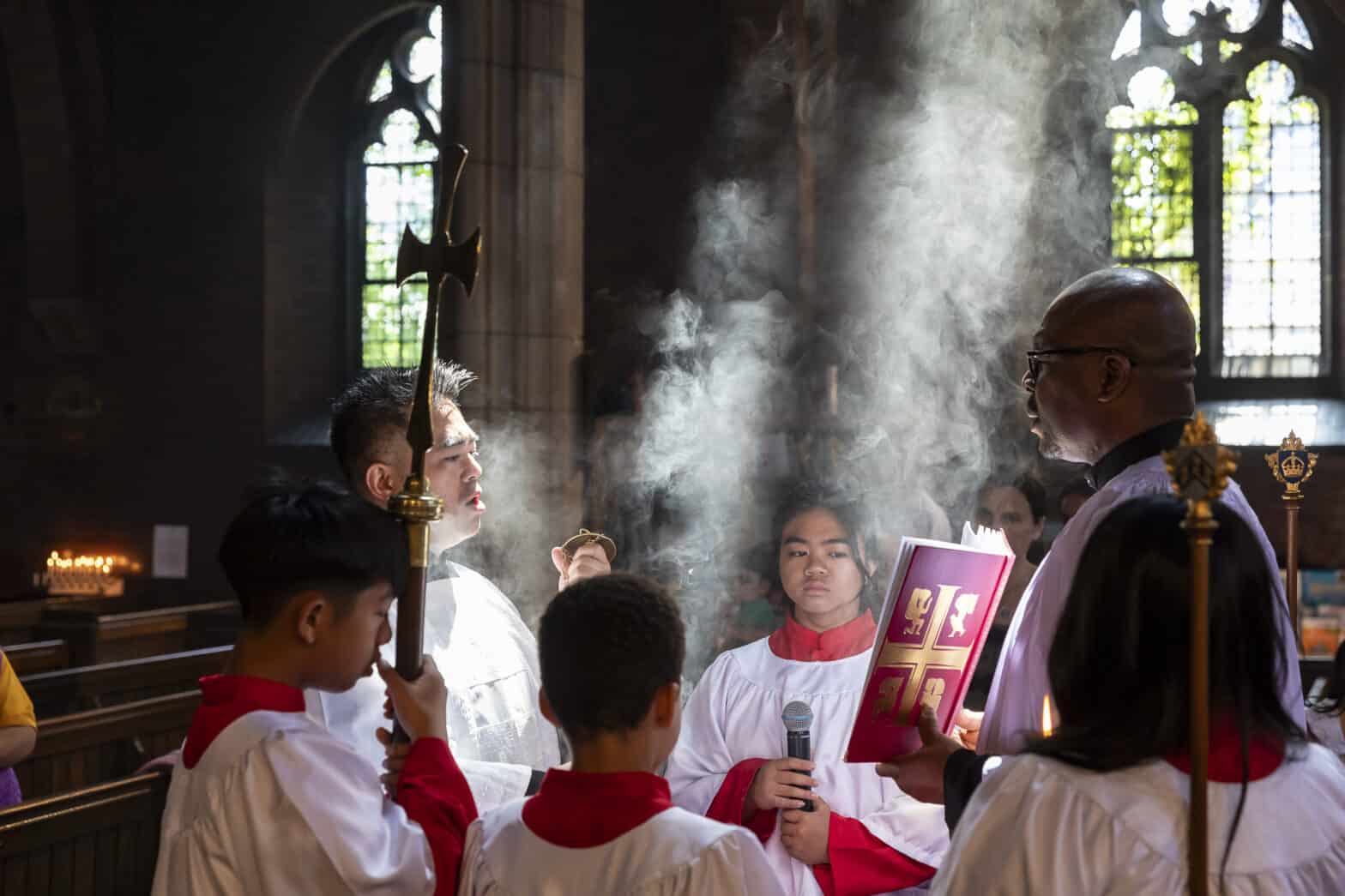How to begin to harness the practices of community organising for church growth
By Miriam Brittenden, Co-Director of the Organising for Growth Programme, Centre for Theology and Community
THE CENTRE FOR THEOLOGY AND Community has published a report which tells the stories of Anglican churches in the dioceses of London and Chelmsford that have harnessed the power of community organising to grow in number and spiritual depth as well as social impact.
From October 2024 they are rolling out the programme nationally, in partnership with Citizens UK (the national community organising movement). In this short blog, they suggest some ways you might begin to apply the approach of community organising to growing your church. There is also a video to accompany the report which you can watch here.
1. Start with what God has already given you
The foundation of community organising is the one-to-one relational meeting – exploring the gifts and passions of people in the congregation and wider neighbourhood.
The experience of churches in our Organising for Growth pilot is that when this is the starting place, the harvest of the Kingdom of God is more plentiful than we could imagine.
We should be wary of a scarcity mindset which asks “Can anything good come out of my parish?” just as Nathaniel asked “Can anything good come out of Nazareth?” Rather, community organising invites us to trust that God has given us everything we need for the mission he is calling us to.
Ask for fresh eyes to see the blessings gifted to you – the church building(s), the congregation members (however small in number!) who faithfully gather, volunteers who serve with their time and gifts, and the surrounding neighbourhood.
Who might you have previously overlooked? Are you a church that pays attention to one another’s passions, interests/ energy and giftings? Why not begin by making time in your schedule, or in Sunday services, for relational, intentional conversations to share one another’s stories?

2. Be intentional about building relationships
Secondly, be intentional about building relationships beyond the church walls. Our report found that most of the growth was occurring in the ‘porous’ spaces where the church & congregation interacted with and welcomed the wider community: ‘Warm Spaces’, Food pantries and homework clubs – activities valuable in themselves as an expression of God’s love and care.
Growth occurred when churches were brave enough to build relationships of depth with their neighbours – listening deeply, and being attentive to see who the Holy Spirit might be drawing into a deeper journey of faith. This work needed to be intentional, but done without anxiety.
“Foodshare is porous, it feels like an act of worship… the liturgy of unpacking bread and broccoli, welcoming friends and neighbours, offering warm refreshments, safe listening spaces and offering prayer.”
Rev. Polly Kersys-Hull, Holy Trinity Leytonstone
What are the porous spaces in your parish? How might your church become more ‘porous’, so that those who want to explore faith and deepen engagement find a safe, welcoming and supportive environment for that journey?
You might like to map out your neighbourhood – the other organisations that share space with you: schools, businesses, other faith institutions. Ask yourself, ‘are we as a church in relationship with these organisations?’
3. Be patient and prayerful
Prayer is not just as an ‘add on’ but an essential part of any action we take. CTC’s Cycle of Prayer and organising shows how prayer can stand at the heart of the whole of our work, helping us discern where God is calling us – not just at the end, asking God to bless what we have already decided to do!

Going through this cycle takes time and therefore patience. Because organising is committed to developing people and their gifts, leadership and agency – this must always come before any ‘programme’ which might sound like a good idea on paper. We must resist the temptation to ‘quick fixes’ that shortcut listening and the development of lay leaders. When faced with the urge to act we must ask: ‘Have we listened?’ ‘Have we identified a team?’ and above all ‘Have we asked for the Lord’s help, in prayer?’ Real lasting fruit takes time, and often follows a period where seemingly nothing is happening whilst seeds germinate underground.
4. Discern the Holy Spirit
Ask the Holy Spirit to guide you and help you as a parish to discern what it is that the Lord is calling you to. Pay attention to what themes and issues are emerging in your intentional conversations, within and beyond the church walls – particular injustices people are struggling with, energy for new initiatives.
Why not go on a prayer walk around your parish? Take photos of the things that strike you – places that you love, and places that you’d like to change: sites of violence, antisocial behaviour, injustice and poverty. Pay attention to power – where does power lie in your church? Who holds power in your community – who makes decisions about money? And are you, as a church, in relationship with those in power?

What next?
If your church wants to engage in faith-filled community organising, CTC and Citizens UK offer practical support and mentoring.
Be part of the next phase of Organising for Growth
The teaching and mentoring, and the building of a community of practice, has been vital to ensuring church growth is tooted in sustainable long-term culture change happens and any action is supported through training and reflection. To find out more, or to express an interest in your parish participating please visit the Organising for Growth site or email miriam.brittenden@ctclondon.org.
Join a Citizens UK chapter
CTC grows out of the work of churches deeply involved in their local chapter of Citizens UK, the national Community Organising alliance. Membership in a local chapter enables churches to act powerfully for the common good with other institutions in their local area on campaigns from the Living Wage to welcoming migrants and refugees. You can find out about your local Citizens chapter here.






